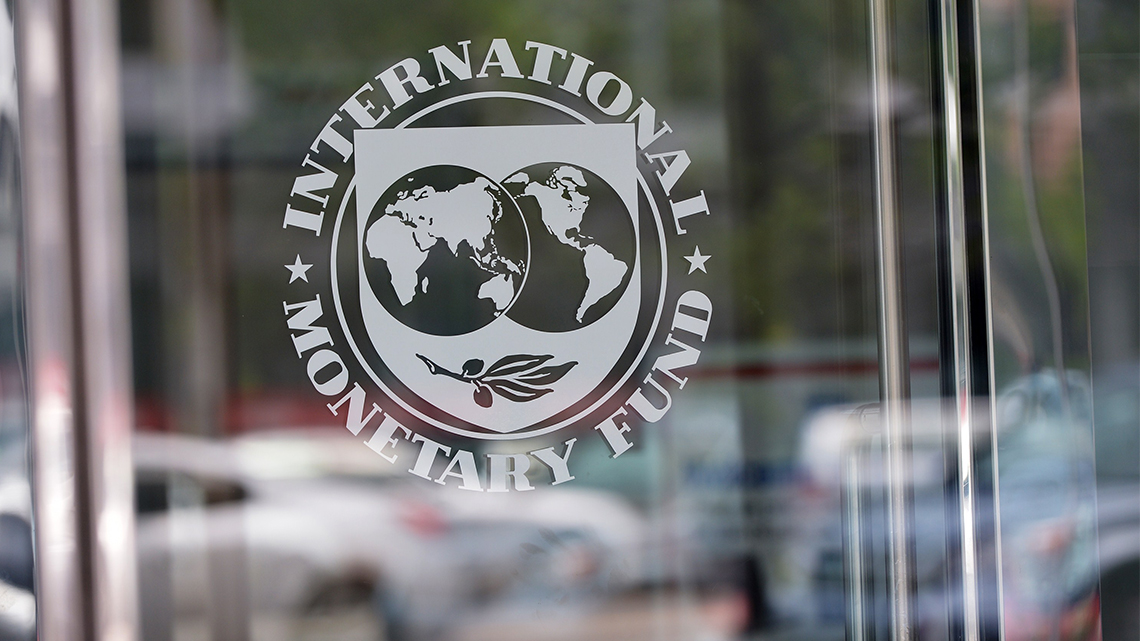How and why the IMF (finally) scraps austerity

What does the IMF recommend? The comment by Pasquale Diana, senior macro economist of AcomeA Sgr
The Monetary Fund has published Chapter 2 of its fiscal outlook. There are important reflections on public investment, with potential repercussions, in my opinion, on policies towards emerging markets.
What does the Fund say? Far from preaching a return to fiscal austerity, the Monetary Fund explicitly asks governments of advanced countries to increase public investment, making use of low rates and taking advantage of the moment to prepare for the transition to the digital / green economy. For those who remember the Fund's emphasis on debt consolidation, it's a sea change. Clearly it has happened gradually over the years, but today it has reached new heights. Here because.
What is the analysis behind this thesis? The Fund argues that in situations of uncertainty such as the current one, the fiscal multipliers of public investments are much higher than normal. This is because a State intervention in the economy , in a period of great uncertainty and with ample unused resources, can be particularly incisive. Below is a chart on how the estimates of "fiscal multipliers" change. A 1% GDP of public investment can create up to 2.7% GDP growth points in times of high uncertainty. And in terms of jobs created, public investment can create between 2 and 8 jobs for every $ 1 million spent on infrastructure, with a particularly marked impact in the research and green economy sectors. It should be noted that, in general, the jobs created in the emerging markets are higher, given the lower wages and one of the factors of production that is more focused on labor than capital in EM.
What does all this mean for emerging companies? Some personal considerations. The Fund is very clear that public investment is not a panacea. In emerging markets, they can lead to increases in interest rates, concerns about debt resilience and inefficient use of resources. There is also the risk (common to all countries) of creating "low quality" jobs. That said, it is clear in my opinion that rich countries have had access to fiscal leverage (through the help of central bank QE) that emerging markets have not. This is part of the extraordinary privilege enjoyed by countries that issue reserve currencies (US, Euro Area, Japan, UK). Emerging people can benefit from this stimulus indirectly, of course. But they don't have the same space.
This does not change overnight. But it is unthinkable that the Monetary Fund will so openly support the line of public spending on investments in countries that can afford it and adopt the line of rigor towards emerging economies. Not only would it not be fair, it would also be an unpresentable line. It therefore seems more than reasonable to me not only that the IMF continues to advocate the cause of debt suspension for the poorest countries, but above all that it adopts extremely flexible criteria when negotiating new programs. The optimum would be an issuance of new Special Drawing Rights (SDRs), which a Biden election to the White House would make more plausible as the US veto would fall. But we will have to wait. For now, the Fund continues its slow, inexorable transformation towards a softer and less focused line of quick debt consolidation at all costs.
This is a machine translation from Italian language of a post published on Start Magazine at the URL https://www.startmag.it/economia/come-e-perche-il-fmi-rottama-finalmente-lausterita/ on Sat, 10 Oct 2020 06:40:02 +0000.
